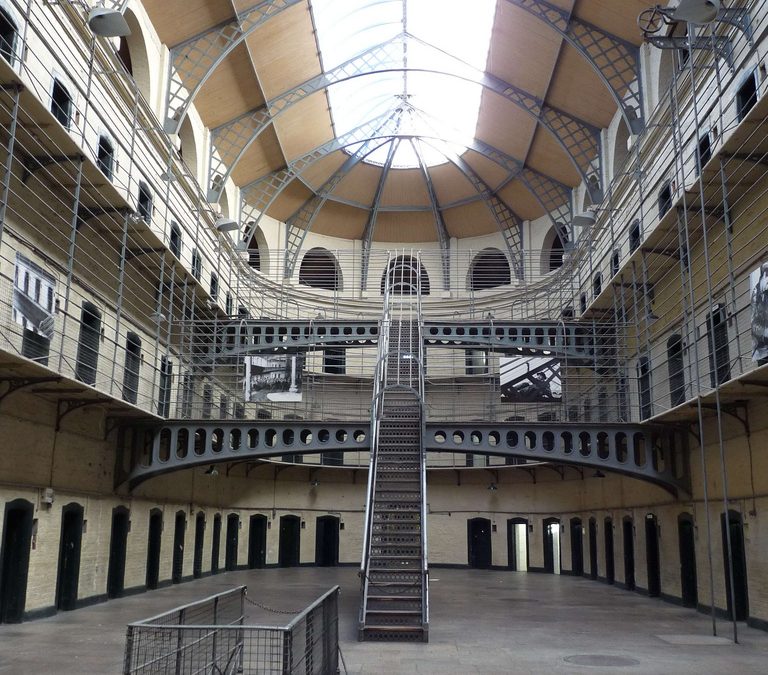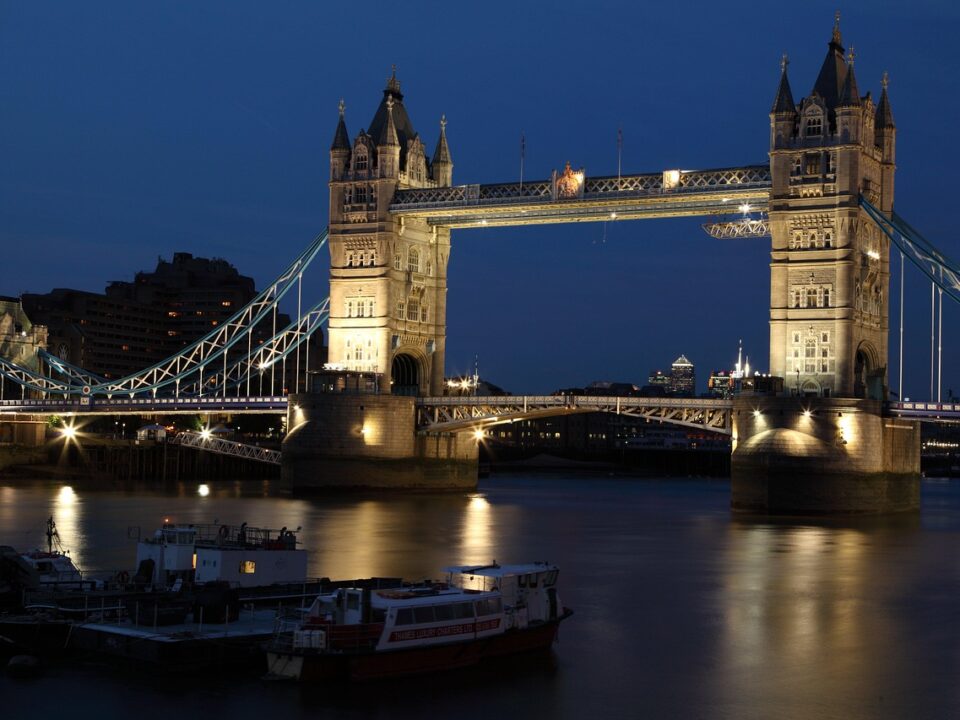
The LPC: An Overview
November 18, 2013
Trusts: The Beneficiary Principle and Perpetuity
November 29, 2013There are various types of life sentences. Whilst being sentenced to ‘life’ does not mean that the offender will necessarily spend the rest of their life in prison, what it does mean is that after release from custody, such offender will remain on what is known as a life licence. To a certain extent therefore, life sentences are for life, just some of the sentence can be served in the community (i.e. on licence). Thus, the life licence only applies to those prisoners serving life sentences who have been released from custody.
The types of life sentence to which life licences apply are:
- The mandatory life sentence;
- The discretionary life sentence;
- Custody for life;
- Detention at Her Majesty’s pleasure;
- Detention for life.
The life licence does not apply to the whole life order because this sentence is a life sentence in the literal sense: there is no prospect for these prisoners to be released
The release of life sentenced prisoners on licence
If the Parole Board considers a prisoner sentenced to life suitable for release, he will be released on a life licence. This licence will remain in force for the rest of his life.
A licence is a set of rules or conditions the individual must adhere to when in the community. Breach of a licence condition will result in the individual being recalled back to prison.
All life licences contain standard conditions which apply to all lifers when released from prison. These conditions state what the offender agrees to do upon release from custody. Thsey are as follows:
- To be placed under the supervision of a nominated supervisor;
- Report to the nominated supervisor as directed;
- Receive visits at home from the supervisor;
- Reside only at premises agreed by the supervisory;
- Undertake work only where approved by the supervising officer;
- Notify the supervisor of any change to, or loss of employment;
- Obtain permission before leaving the United Kingdom;
- Be well behaved and do not do anything to undermine the purposes of supervision on licence which are to protect the public and to secure successful reintegration into the community.
In addition to the standard conditions of the life licence, the Parole Board may recommend that other conditions are imposed on the individual. These conditions may be to address particular issues relevant to the offender. An example of such a condition could be to not contact any victim of their crime. The offender could also be excluded from certain areas, such as areas where the offending occurred, or where the victim lives.
It must be borne in mind that any non-standard licence requirements must be necessary and proportionate to the ends they seek to achieve. Conditions must also be reasonable. Additional licence conditions are not to be considered as additional punishment, but rather, they must be designed to address particular risks, notwithstanding that the offender has been released because he is deemed to pose a low risk to the community.
Recall
Recall occurs when it is discovered that an individual has breached their licence and they are brought back into custody. When this happens, the individual’s licence is revoked by the Secretary of State. Once the licence is revoked, the individual is deemed to be unlawfully at large until he is brought back into custody.
Once the individual is in custody after recall, he must be informed of the reasons for his recall and the revocation of his licence. It is then for the Parole Board to decide whether or not recall was justified, and whether the offender should be kept in custody. At this point, the offender has the right to make representations to the Parole Board. These representations are often made by a solicitor.
The Parole Board must consider whether or not recall is justified as soon as possible. In order for recall to be justified, there must be some concern for the safety of the public. An offender may be recalled to custody after being charged with a subsequent offence, however, perhaps somewhat surprisingly, a charge and even a subsequent prosecution for a further criminal offence are not sufficient reasons on their own to justify recall.
After considering the circumstances surrounding the offender’s recall, the Parole Board must then direct one of the following:
- That the individual must be re-released;
- That the individual must remain in custody.
If the Parole Board choose the latter, the recalled prisoner will remain in custody indefinitely. If this is the case, his continued detention must be reviewed at least every two years.





